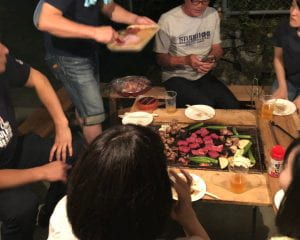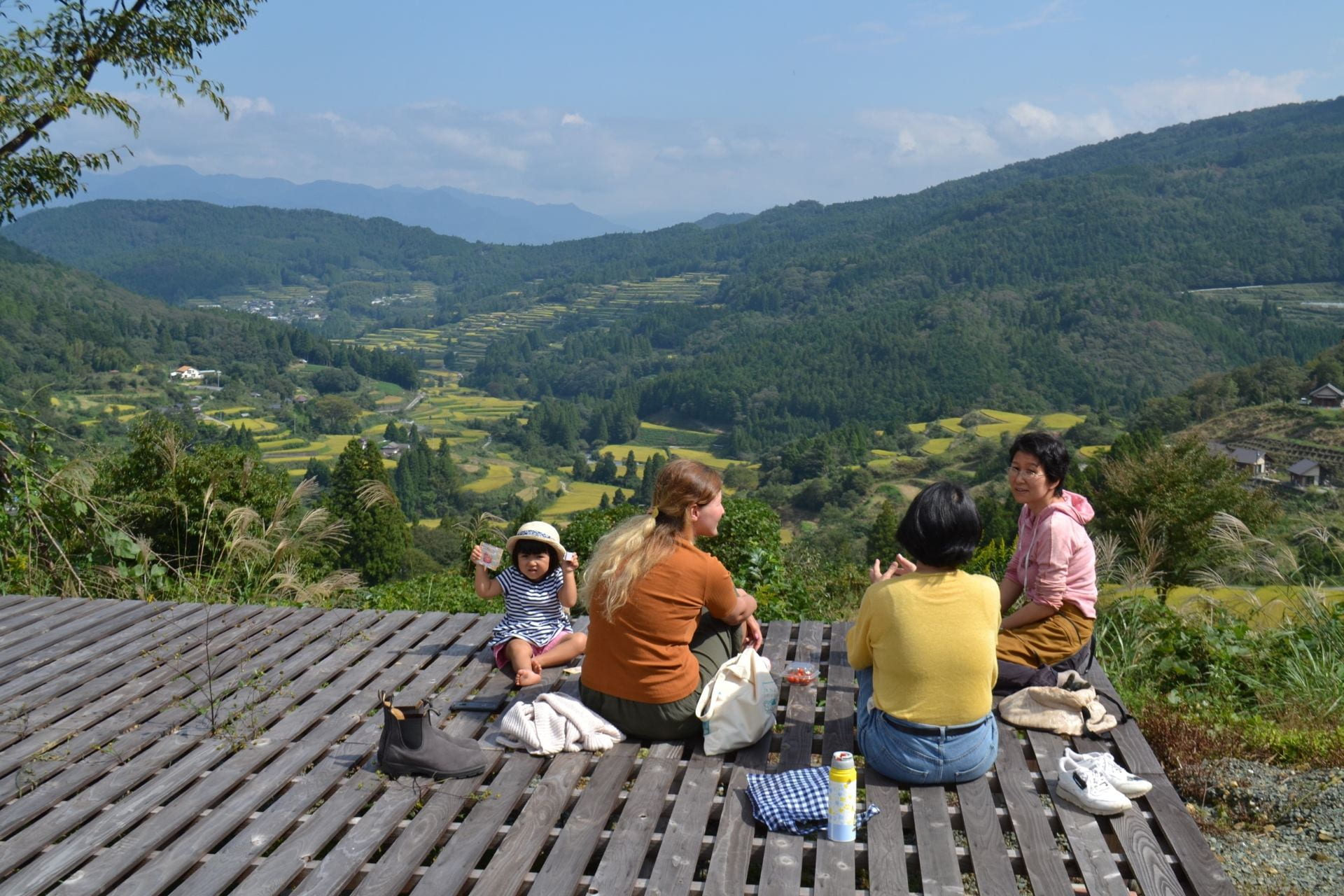The community health check in Japan
By Laura Haapio-Kirk, on 4 December 2020
One of the biggest challenges facing the healthcare system in Japan today is a rapidly ageing, rapidly shrinking, population. One-quarter of the population of 127 million are over the age of 65 – the world’s highest proportion – and this is predicted to rise to 30% by 2025 (National Institute of Population & Social Security Research [NIPSSR], 2012). According to the World Health Organization, Japan ranks first in the world for the highest age to which a person can expect to enjoy good health: 74.5 years old. Only about 12% of the elderly (those aged 75+) population require long-term care, of which about 4.3% are institutionalised, while the rest live at home and receive care from family and health professionals (Thang, 2011). The healthcare system in Japan is covered by a national health insurance plan focused on preventative medicine through the practice of annual health check-ups. Since the early 2000s, health checks have been delivered for all age groups, and age-appropriate tests are performed for each age category.
In my ethnography of a rural health check in Tosa-cho, Kōchi Prefecture, the patients were generally very positive about their experience of coming to the health check every year, and said that it helped them feel motivated to stay healthy by giving them goals. Each patient brought with them a personal booklet which the doctor would write their notes in, as well as affixing a photograph of the patient with the doctor (which you can see in the video above). These booklets helped the patients to track any differences in their test results year on year, and to help them know which areas they had to work harder to improve such as though dietary modifications. Self-tracking in this case was low-tech, but its motivational power was clear.
The video above is narrated by Dr Kimura Yumi from Osaka University, one of the doctors who co-ordinate this health check for over 75s which has been running for 15 years. The health check was established when the town’s head councillor wanted to improve the health of ageing residents through preventative medicine. He invited doctors and researchers from different universities around Japan with the aim to identify key factors affecting the health of elderly people. This type of community “field medicine” (フィールド医学) is a relatively new practice in Japan, and inviting researchers to the Kochi health check up was the first such attempt among geriatric people both domestically and internationally (Matsubayashi and Okumiya, 2010). The annual community-based health check in Tosa-cho appears to have been successful in terms of reducing medical costs for geriatric care. The medical expenses for the elderly there between 2004 and 2007 were reduced, compared with Motoyama-cho, a neighbouring, similar sized and similar environmental control town, as well as compared with Kochi City and with the average medical expenses of 35 towns in Kochi Prefecture.
After my participation in the health check I returned to this community regularly over the subsequent eight months in order to get a better understanding of people’s lives and wider attitudes to health and wellbeing. My long-term ethnographic research in the community found that people continually emphasised the importance of food and social connection for maintaining health. Indeed many said that they came to the health check each year precisely because of the opportunity to catch up with friends. This finding led to the development of a digital health project in partnership with Dr Kimura and Sasaki Lise which is still ongoing. This project was designed to see if participating in chat groups via the messaging application LINE could improve quality of life among elderly participants.
Because of the coronavirus pandemic, the health check did not run in 2020. However, the crisis prompted innovation: the local town hall were inspired by our digital health project to create their own version in which they connected residents via LINE (the most popular messaging app in Japan). Residents who signed up to the buddy scheme via LINE were then rewarded with a meal at the town hall with their chosen ‘buddy’ – all in a socially distanced and covid-safe manner. Even though digital forms of care are only just emerging among elderly people in this rural town, it is already clear that they are going to be integral to how care is organised in the future, well beyond the pandemic.
National Institute of Population and Social Security Research [NIPSSR], (2012). Nihon no shorai suitei jinko [Population projection for Japan] Accessed 01.08.2018 <http://www.ipss.go.jp/site-ad/index_english/esuikei/gh2401e.asp>
Matsubayashi, K., & Okumiya, K. (2012). Field medicine: a new paradigm of geriatric medicine. Geriatrics & gerontology international, 12(1), 5-15.
Thang, L. L. (2011). Aging and social welfare in Japan. Routledge handbook of Japanese culture and society, 172-85.
 Close
Close






